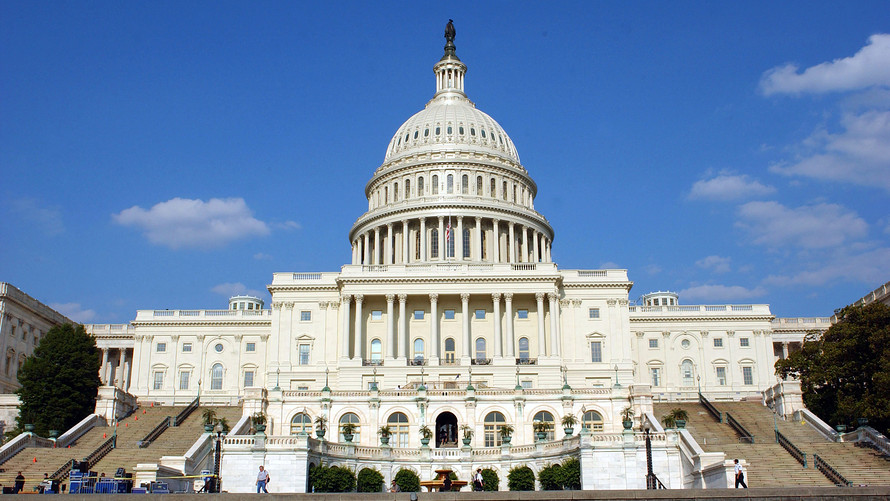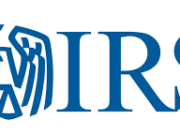PDF of Legislative Brief available here
The First Amendment protects the right of all Americans to associate with one another privately. Recognizing this essential right and a recent change in tax law that eliminated any rationale for collecting the information, the Treasury Department and the IRS announced a new policy in July 2018 that 501(c) nonprofits, excluding 501(c)(3) charities, are no longer required to submit the private information of their significant supporters to the Internal Revenue Service. Senators Jon Tester (D-MT) and Ron Wyden (D-OR) have since introduced a resolution of disapproval, S. J. Res. 64, which would nullify the rule change, pursuant to the Congressional Review Act. Because the resolution is not subject to filibuster or amendment, it is likely to receive debate and a vote on the Senate floor in mid-December.
Critics of the IRS reform suggest that it will allow foreign money to flow into American campaigns and increase the prevalence of “dark money.” These claims are false. In reality, the new rule simply ends the mass collection of sensitive information that the IRS has admitted it neither needs nor uses to enforce tax laws.
Five Reasons Why Critics’ Claims about the IRS’s Reform Are Unfounded
1. Foreign money is already illegal in American campaigns. It is legal for foreigners to give to nonprofits. It is illegal, however, for nonprofits to use those foreign funds to influence American elections. In particular, tax-exempt organizations may legally accept foreign money, as long as they don’t use the funds to influence federal elections. Therefore, the mere reporting of contributions from a foreign address on an IRS form has no significance. While very few tax-exempt organizations have significant foreign contributions, if such donations are segregated, then a group can still spend money on federal campaign activities, as long as U.S. citizens make the decisions.
2. Effective tools exist to track illegal foreign transactions. The Currency and Foreign Transactions Reporting Act of 1970, better known as the Bank Secrecy Act, provides tools for law enforcement. Federal regulations require that “every bank shall file with the Treasury Department … a report of any suspicious transaction relevant to a possible violation of law or regulation.” If foreign transactions appear to be funding political activity, donor information can be tracked down by the relevant enforcement agency.
3. Donor names and addresses do not indicate whether an individual is a foreigner. By themselves, the name and address of a donor to a nonprofit do nothing to tell the government if that donor is an American citizen. Many American citizens live abroad and donate to nonprofits as a way to stay engaged. Further, foreigners attempting to illegally inject money into U.S. election campaigns are highly unlikely to use a foreign address. Conversely, having an address in the United States does not guarantee that a donor is a U.S. citizen or legal permanent resident. America is populated by people with names that reflect the diversity of this great nation. Donor names and addresses are simply not a useful proxy for citizenship or legal residency status.
4. The rule change has no effect on the amount of “dark money” in politics. A pejorative term, “dark money” refers to political spending by groups that are not required to reveal the private information of their supporters to the government. Yet even prior to the IRS policy change, the names and home addresses of donors to all nonprofit groups were redacted on public tax forms. What appears now on the public disclosure copy of the information return are the dollar amounts contributed by each major donor. Under the new IRS policy, this information remains available to the public. Since the identities of nonprofit donors were not made public under the old rule, the reform does not affect so-called “dark money” in any way.
5. The IRS has no authority or responsibility for enforcing campaign finance laws. Except in very limited circumstances in which there is already other evidence of a criminal act, the tax privacy laws prevent the IRS from sharing the donor information it collects with the two agencies that do enforce campaign finance laws, the Federal Election Commission and the Department of Justice. As Treasury Secretary Steven T. Mnuchin explained when announcing the IRS’s policy change, “Americans shouldn’t be required to send the IRS information that it doesn’t need to effectively enforce our tax laws, and the IRS simply does not need tax returns with donor names and addresses to do its job in this area.” Regardless, nonprofits are still required to keep these records in the event of an audit.
Conclusion
If the IRS develops a reputation as a partisan arm of the party in power, that could lead to more citizens cheating on their taxes, with potentially disastrous implications for the budget deficit. If the level of compliance with just the income tax laws alone were to drop just one percentage point due to a decline in the Service’s reputation for fairness, that could cost the government over $170 billion in tax collections over a 10-year period. This measure will help restore confidence in the IRS while protecting free speech and associational rights.
Ultimately, the hysteria surrounding the IRS reform fails to square with the facts. Appropriate laws and tools already exist for government to prevent foreign spending on American campaigns, and the agency’s policy change has no effect on so-called “dark money,” as the public will still have access to the same information it does today. Further, the names and addresses of donors do nothing to reveal whether those donors are U.S. citizens. The IRS admitted it has no need or use for nonprofit donor information in enforcing the tax laws, and the agency isn’t responsible for enforcing campaign finance laws. Moreover, this private information could be used to politically target both individuals and groups opposed to those in power. The Treasury Department made a wise decision to better protect Americans’ privacy, and it would be unwise for Congress to reverse course.













